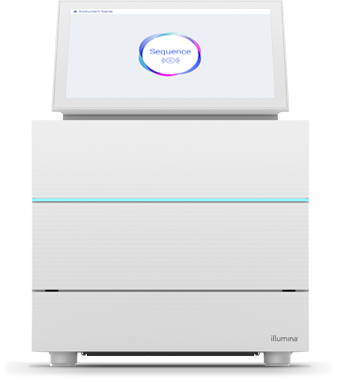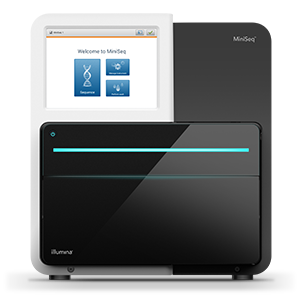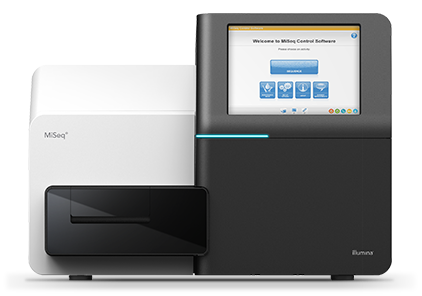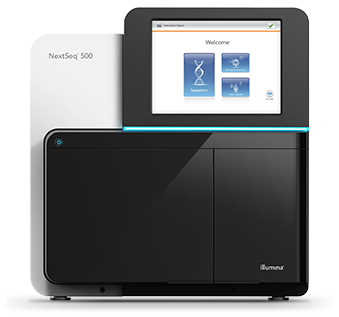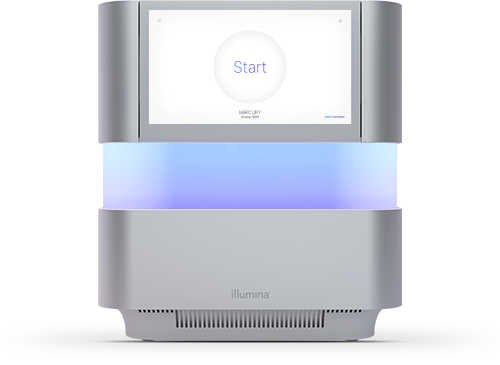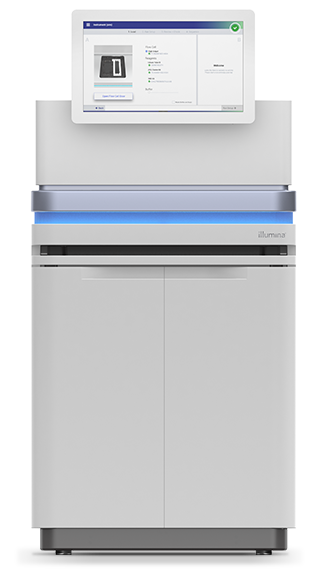Depend on our sequencing
Depend on our sequencing
Enabling you with trusted next-generation sequencing (NGS) technology

Global Support You Can Trust
When you choose Illumina as your sequencing company, we don’t just place an instrument in your lab. It’s the beginning of a relationship. We provide service and support to get you results. Our technical support lines are staffed with experts, many with PhDs, and we have an extensive library of free online training resources.
Our field service staff go the extra mile—such as placing machines into Wuhan, China for the first sequencing of the coronavirus.1 We enabled Sri Lanka’s first fully sequenced COVID-19 genome.2 And we’re working to improve NGS access in Africa.
- 10,000 labs across 115 countries count on us
- 24/7 access to award-winning, highly trained professionals
- 700 service and support employees providing in-country and in-language support
Our local Service and Support Team build relationships with customers and become trusted partners in the laboratory. Read some of the comments our team have provided on why they enjoy working with researchers and Illumina technology.
A NGS Company with Proven Technology
Leaders turn to Illumina technology for the high-quality sequencing data our instruments produce. They’ve done so for decades. With more than 90% of the world’s sequencing data generated by Illumina sequencing by synthesis (SBS) chemistry3, and > 17,000 active Illumina sequencers deployed globally, our solutions enable our customers to make discoveries that were unimaginable even a few years ago.
Illumina has a proven track record of genomics solutions that empower researchers to perform studies at the throughput, scale, and price that meets their research objectives. We keenly pursue innovation with ease-of-use and sustainability in mind, and prioritize our internal R&D, continually competing against ourselves to create even better products.
Here are some examples of applications Illumina supports that are helping drive genomic breakthroughs:
Supporting Global COVID-19 Efforts
Decades of experience as a NGS provider, vast global reach, support across countries and languages, and data transparency help us quickly connect and support resources to fight this pandemic.
Single-Cell Analysis
Using NGS, single-cell RNA-Seq can uncover cellular differences often masked by bulk sampling methods. Explore individual cells to understand cellular subpopulation responses to environmental cues.
Omics in Drug Discovery
NGS is part of an effort to transform drug discovery using big data in a multiomics approach to examine trends in disease states and identify new targets.
Illumina Sequencing Platforms
References
- Huang C, Wang Y, Li X, et al. Clinical features of patients infected with 2019 novel coronavirus in Wuhan, China. Lancet 2020;395:497-506.
- Satharasinghe D A, et al. Evolutionary and genomic analysis of four SARS-CoV-2 isolates circulating in March 2020 in Sri Lanka; Additional evidence on multiple introduction and further transmission, Epidemiology & Infection Vol. 149
- Data calculations on file. Illumina, Inc. 2017.
